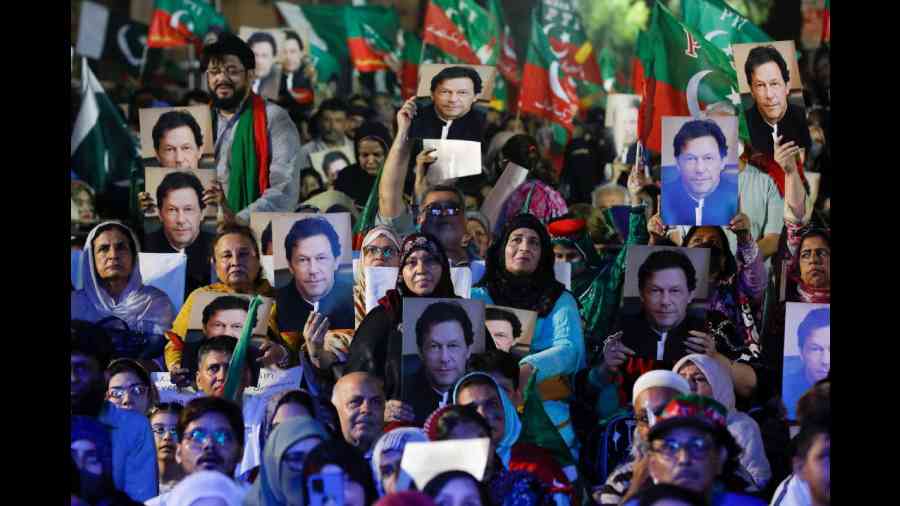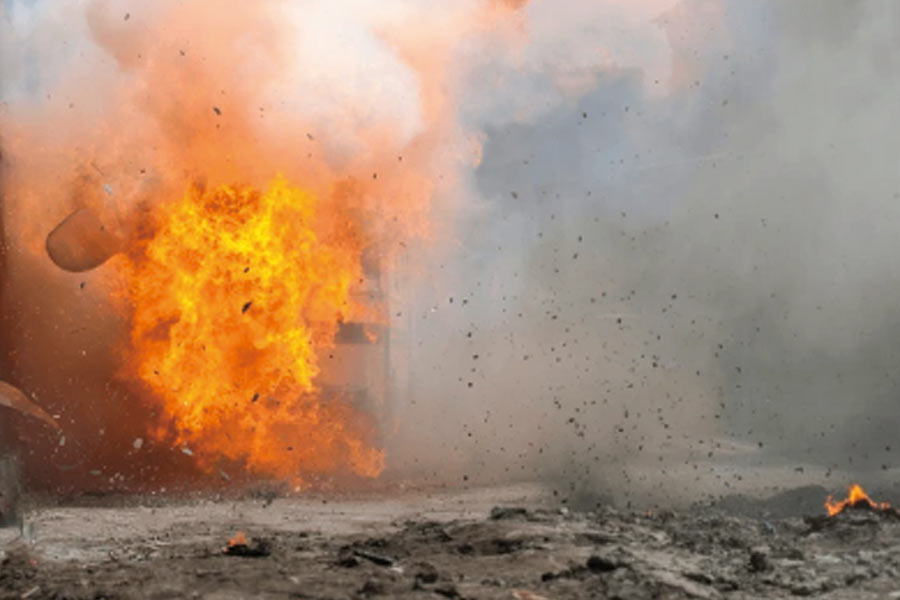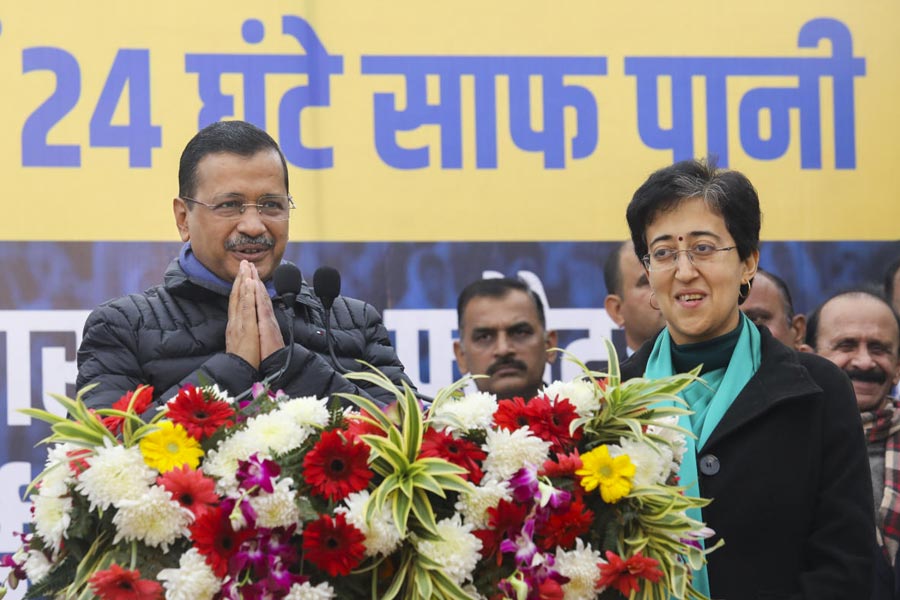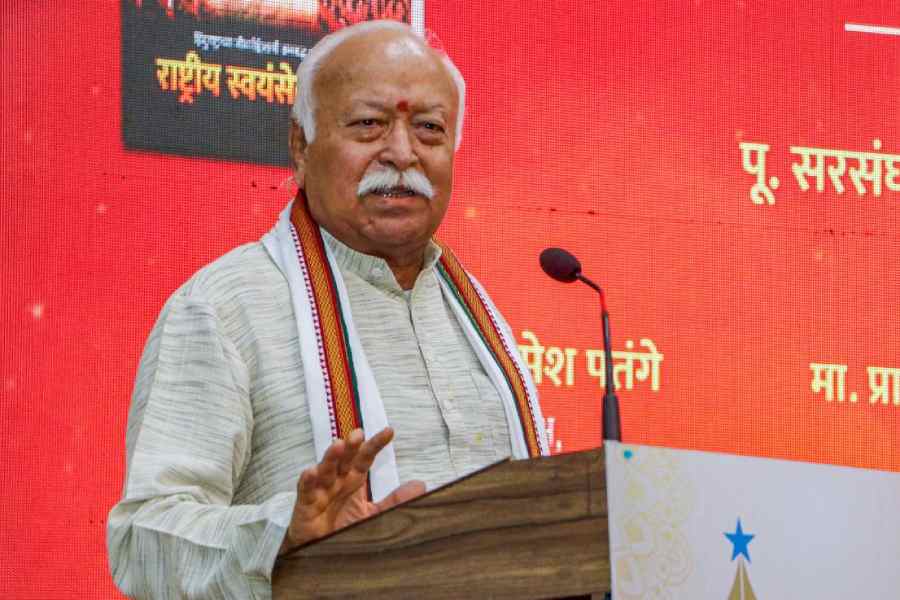The first anniversary of the ouster of Imran Khan as prime minister of Pakistan fell on April 10. How and why that drama played out are well-known as most of it happened in real time on television and social media. But that event also animated and intensified Pakistan’s long crisis of civil-military frictions, political polarisation, and economic meltdown. While each of these elements has a long history, Imran Khan’s ouster brought them together. Over the past year, none of these crisis points has abated; if anything, each has acquired additional energy and a sharper cutting edge.
In addition, older fault lines have re-emerged, such as the resurgence of the Tehrik-i-Taliban Pakistan and the deterioration in relations with Afghanistan. In the past few weeks, yet another crisis front has opened and it is on this that greatest attention is now riveted: the confrontation between the Supreme Court and the government on the issue of the timing of elections to two provincial assemblies. The Supreme Court has directed those elections to these provinces be held by May 14. The government refuses to do so. The Supreme Court itself is a divided house and its divisions — to some extent, at least — reflect Pakistan’s wider polarisations.
The details and the pros and cons of each position, at least for us on the outside, are less important than the fact that the National Assembly and the government on the one hand, and the Supreme Court on the other, are stuck diametrically in opposed positions. It remains to be seen how a compromise can now be worked out — if there is to be one to prevent what is, evidently, a looming constitutional crisis from derailing an already fragile and damaged set-up.
This multipronged crisis also coincides with another anniversary. In this month also falls the fiftieth anniversary of the adoption of the Constitution of Pakistan by its Parliament in 1973. Despite its subsequent abrogation at least twice — during the military coups of Zia-ul-Haq and Pervez Musharraf — the Constitution has endured, howsoever uneasily. In some accounts, Pakistan’s current multiple crises may well orchestrate a third grand breakdown of the 1973 Constitution, but this is speculative and many would disagree with such a prognosis.
The 1973 Constitution had as its backdrop the most catastrophic contingency that can befall a country — its break-up. Yet the separation of East Pakistan amidst war and genocide also solved Pakistan’s ‘majority problem’, which had so dogged Constitution-making and democracy almost from the start of its emergence as a separate nation state. Through the 1950s, the fear of a Bengali-dominated federation had been utmost on the minds in West Pakistan and was certainly a major factor in facilitating and easing Pakistan’s path to military authoritarianism. All this was, post 1971, in the past, and in what now appeared then to be a more homogeneous Pakistan; the 1973 Constitution offered a giant step forward for democracy and democratic institutions. Events, however, proved otherwise.
The extent of the current confusion in Pakistan has left most observers and analysts in that country bewildered and struggling to find a single thread that could provide an explanation. Inter-party conflict, civil-military tensions, the confrontation between the judiciary and the government and the serious divisions within the judiciary, combined with a tanking economy, make for a situation that many call, with pardonable exaggeration, anarchic. Yet, despite all this, normal life also continues in a fashion as if to underline that crises of different textures and magnitudes are no stranger to Pakistan.
These prolonged and multipronged crises have left external analysts exhausted. A slackening of interest is, thus, inevitable. To some, the current chaos is only a subset and symptom of Pakistan’s longer-term, almost endemic, crises of institutions and identity and points to Pakistan’s growing irrelevance in the larger scheme of things. A few even simplistically see current trends as the symptoms of a failing or even an already failed State.
Such perceptions are further strengthened by what appears, at least on the surface, to be a relative erosion in Pakistan’s geopolitical relevance. During earlier financial crises of the magnitude it confronts today, Pakistan’s geopolitical position provided a leverage point to secure better terms from international donors and financial institutions. Post 9/11, Afghanistan provides an obvious example and there are others.
But the 2021 change in Afghanistan, wider changes such as the war in Ukraine, and other developments have cumulatively contributed to eroding that leverage. The most obvious example of this is that the majority of Pakistan’s traditional external donors have — unlike in the past — been careful about making commitments to bail it out, advising instead to function within an IMF regime of structural adjustment. The International Monetary Fund on its part has been clinical in dealing with Pakistan and in evaluating its economic performance relatively unmoved by geopolitical considerations that weighed in significantly on its approach in the past. Even China, while helpful, has been cautious. Pakistan’s internal chaos is, in many ways, an additional layer of cement reinforcing this trend. In brief, the country’s external realities have changed faster than its foreign policy mindset and largely to its disadvantage.
All this is true. But from an Indian perspective, such an analysis remains inadequate and incomplete. An upcoming anniversary is a useful reminder of just that. Next month will mark the 25th anniversary of both India and Pakistan becoming declared nuclear weapon powers. This central fact has underwritten much of India-Pakistan diplomacy in the past quarter century. Essentially, we have to view our region from a prismwhich takes into account its very particular realities. Howsoever much Pakistan may appear to have become marginal or has marginalised itself in larger contexts, itwill always be a significant factor on the regional radar. It will, therefore, remain a critical factor in our diplomatic and strategic calculus. That in itself is a powerful enough reason to remain vigilant aboutthe convulsions the most recalcitrant of our neighbours is going through.
T.C.A. Raghavan is a former Indian High Commissioner to Pakistan











